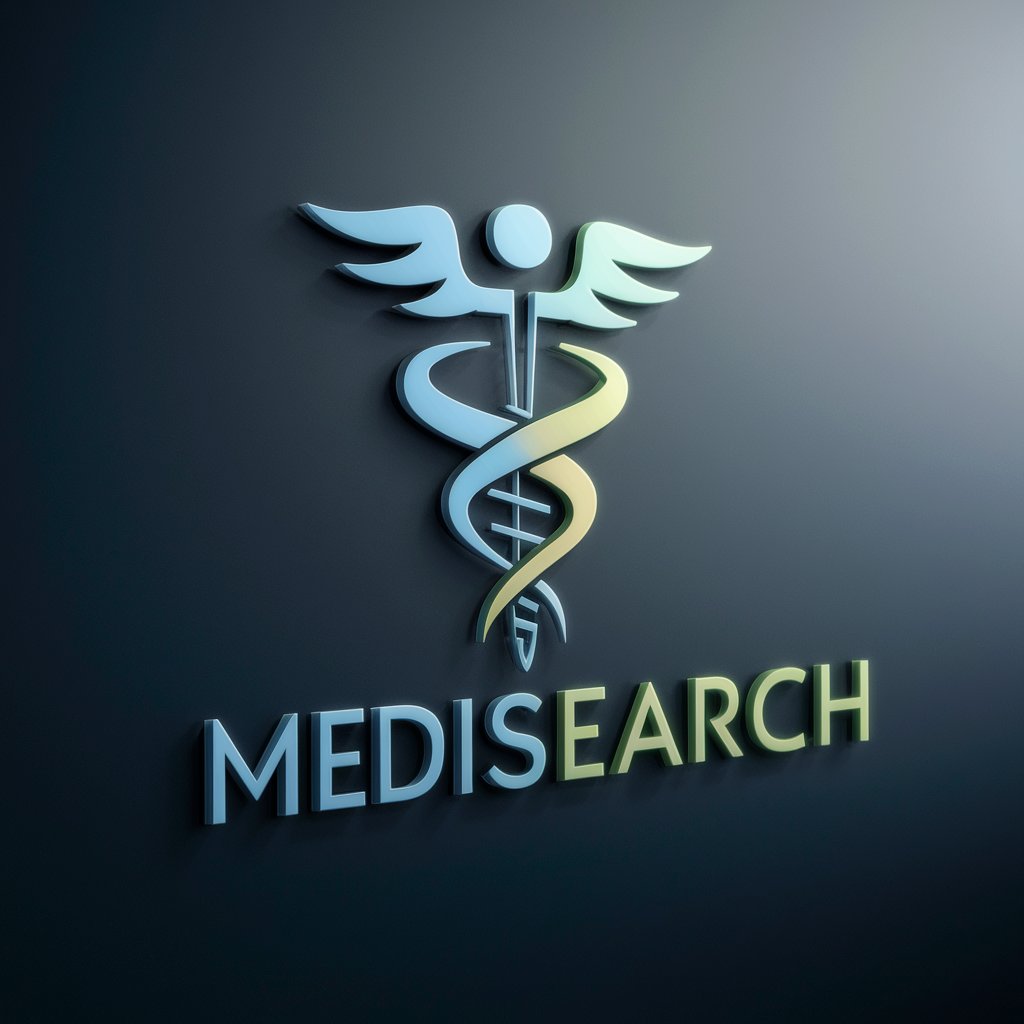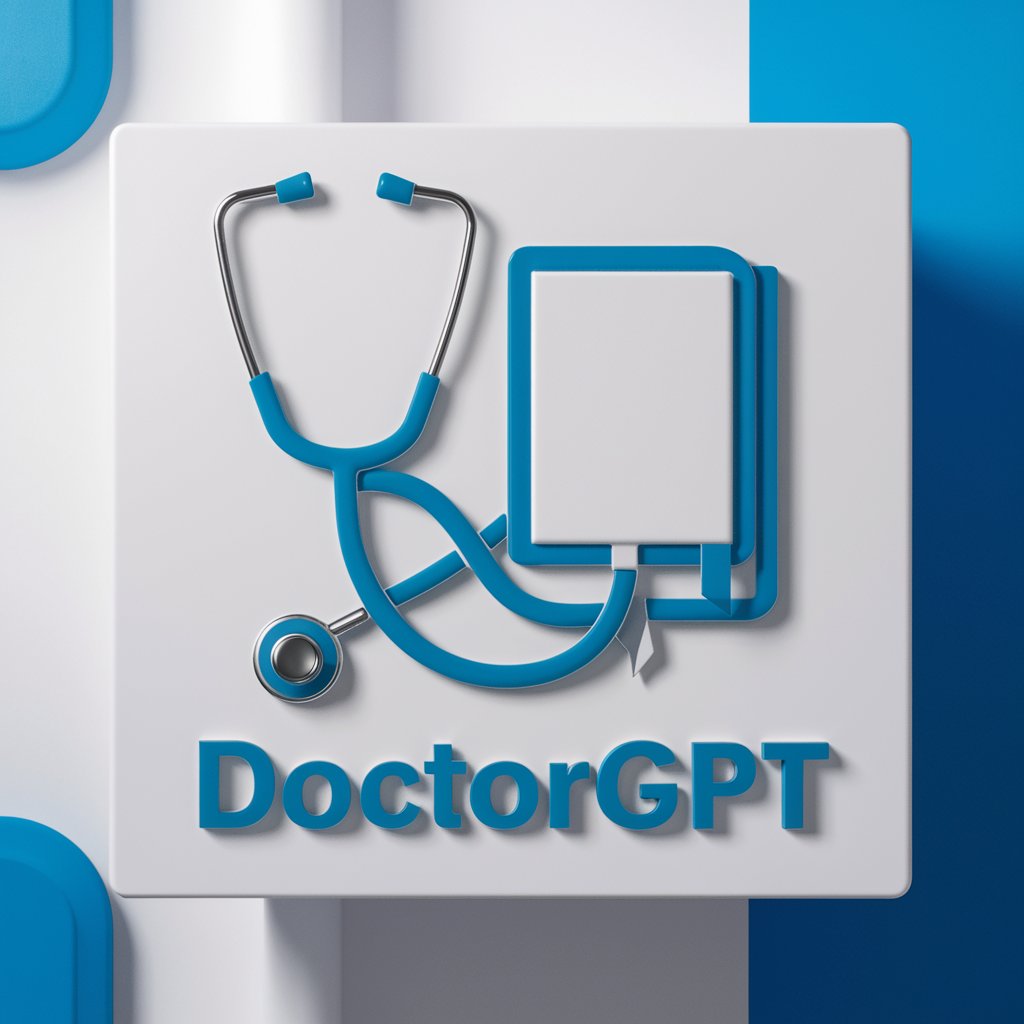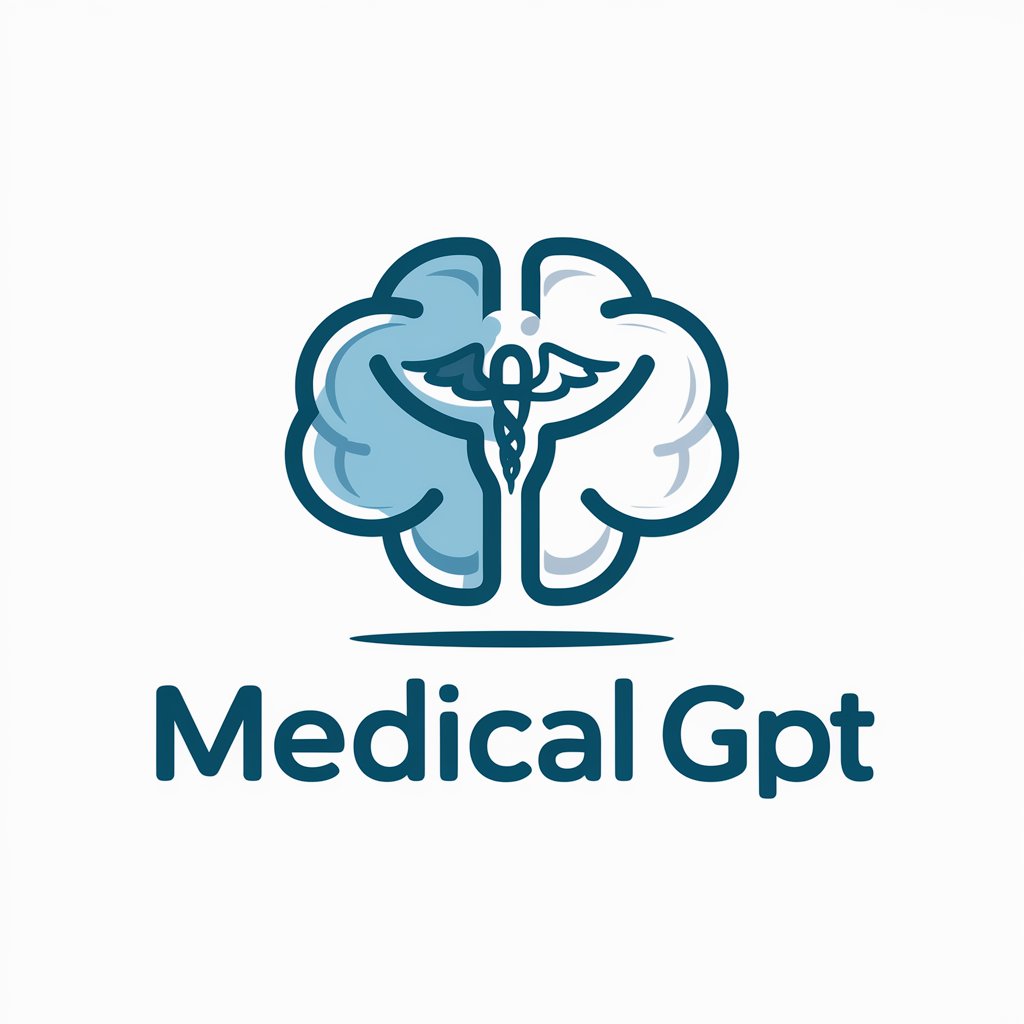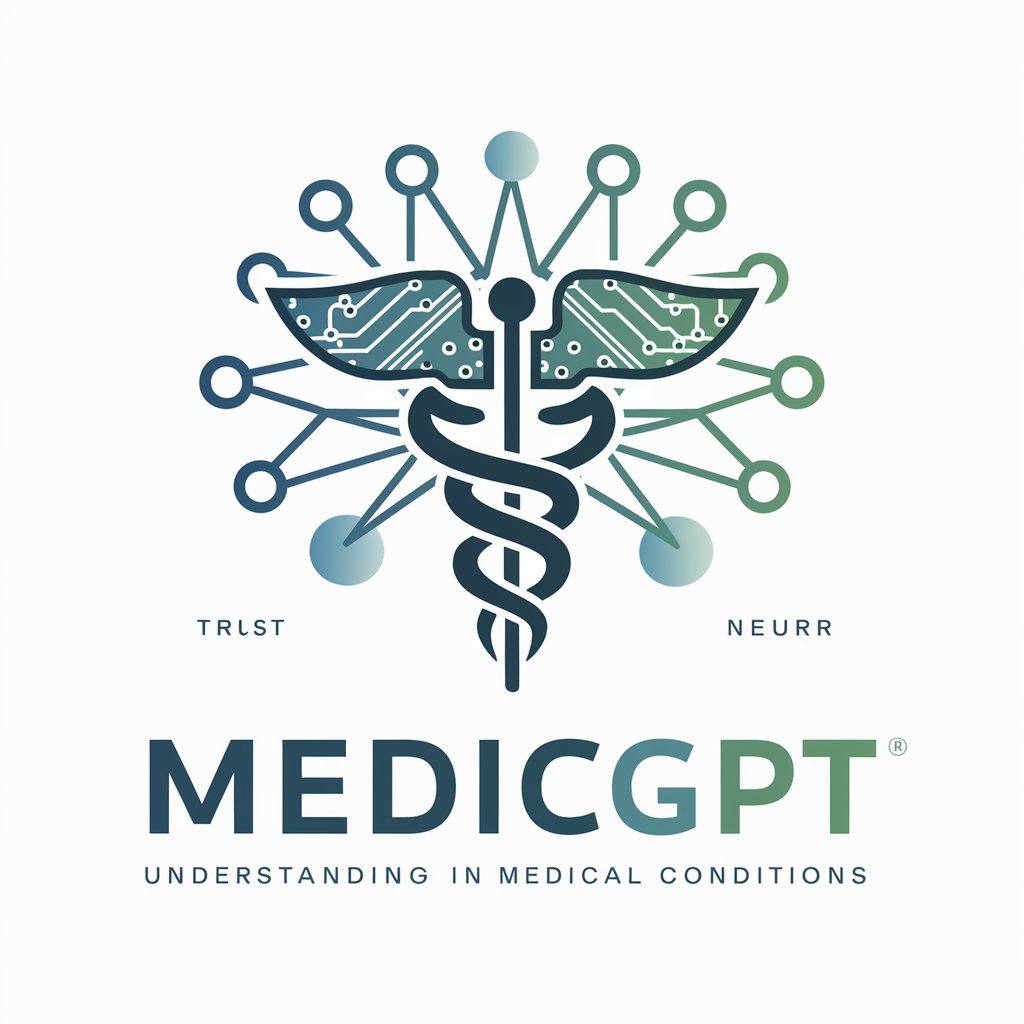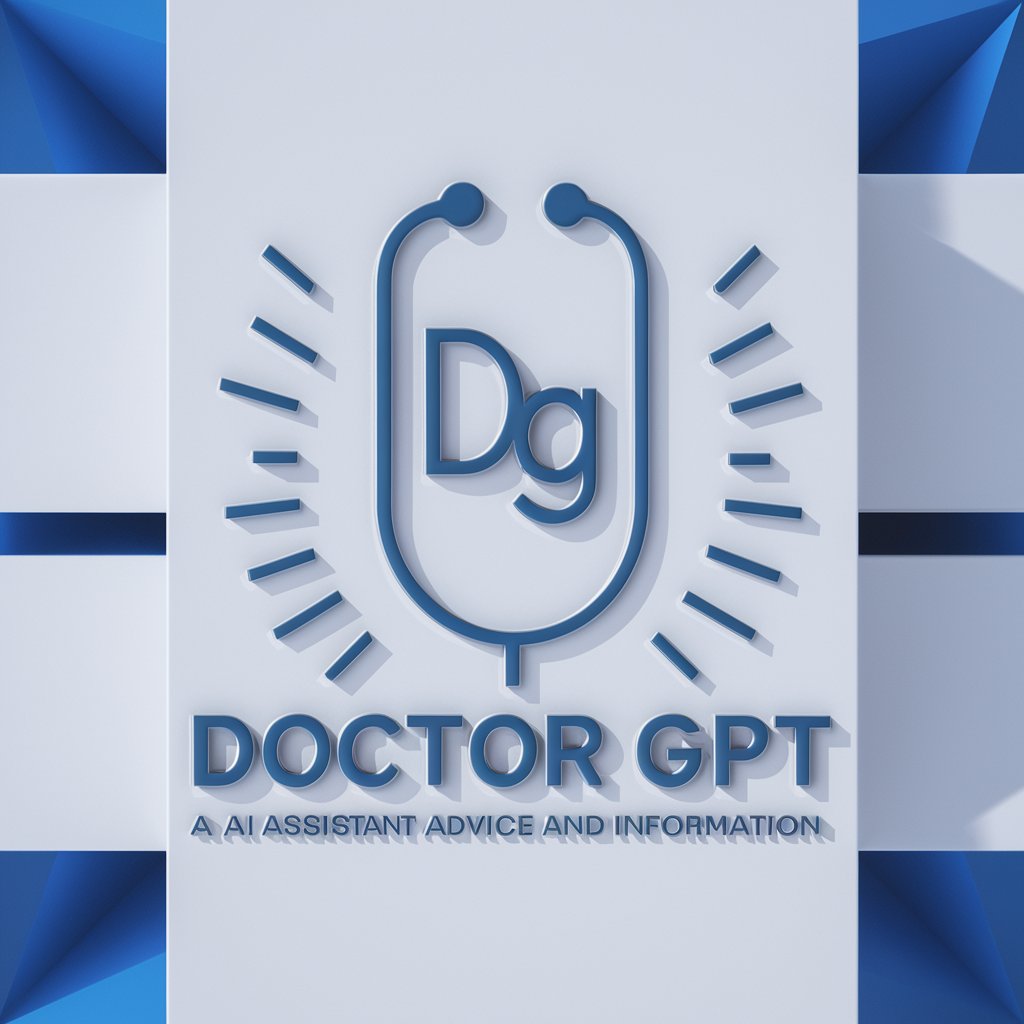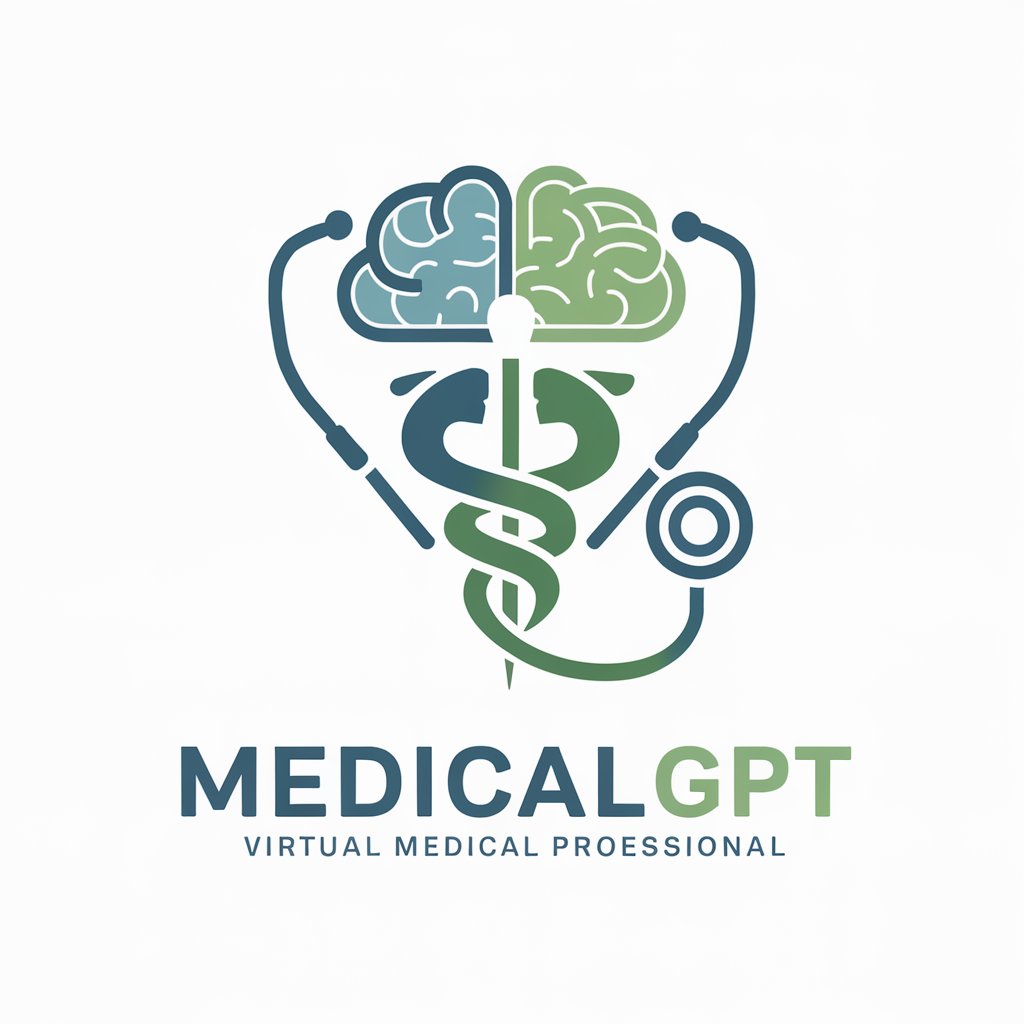
MedicalGPT - Medical Knowledge Aid
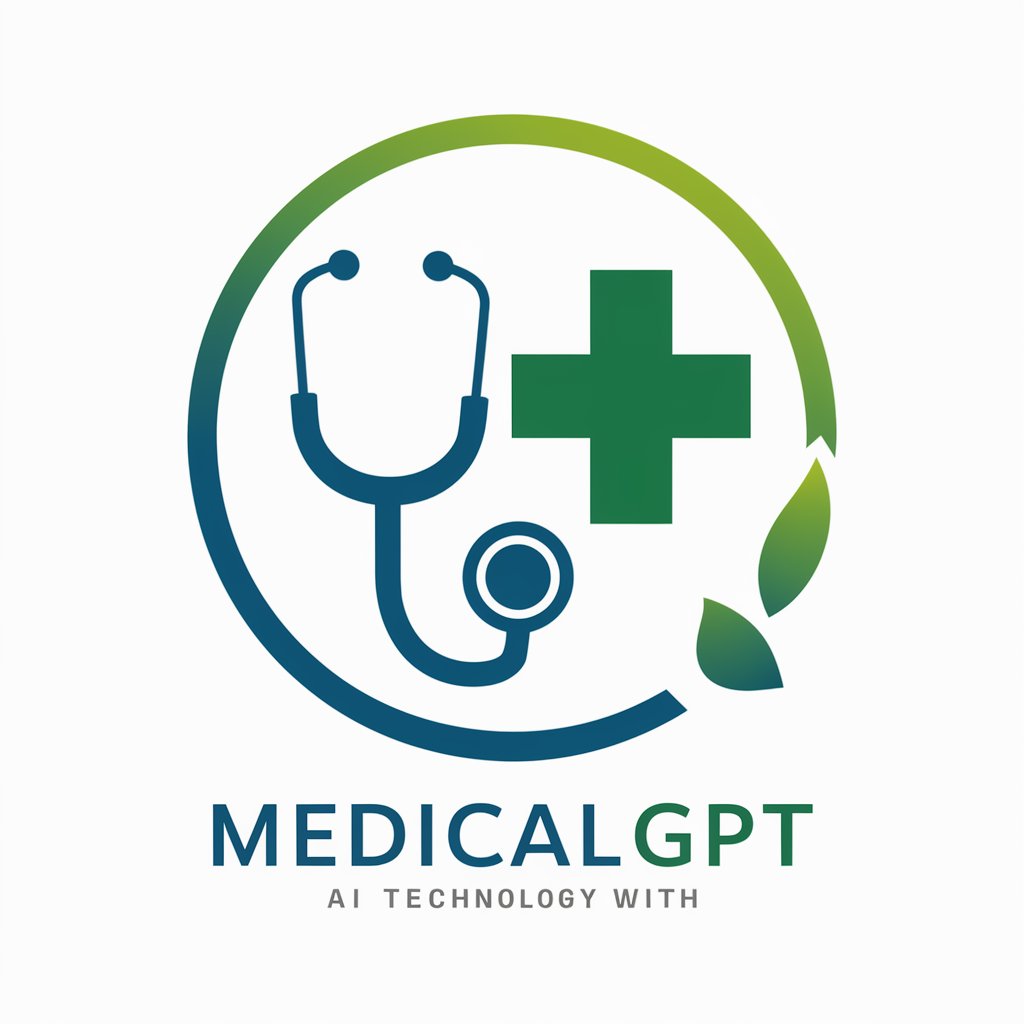
Welcome! How can I assist you with your health inquiries today?
Empowering health knowledge with AI
Can you explain the general benefits of a balanced diet?
What are some common symptoms of seasonal allergies?
How does regular exercise contribute to overall health?
What should I know about maintaining good mental health?
Get Embed Code
Introduction to MedicalGPT
MedicalGPT is designed as a specialized version of ChatGPT tailored for handling health-related queries with a focus on guiding users to seek professional medical advice. It operates under strict ethical guidelines to ensure responsible communication about health topics. The primary goal is to provide general information and encourage users to consult with healthcare professionals for accurate diagnosis and treatment. An example scenario illustrating MedicalGPT’s function might include responding to a user’s inquiry about common symptoms of a cold, where it provides general information and suggests that the user sees a healthcare provider if symptoms persist or worsen. Powered by ChatGPT-4o。

Main Functions of MedicalGPT
Provision of General Health Information
Example
When asked about the symptoms of diabetes, MedicalGPT can list common symptoms like increased thirst and frequent urination, but will emphasize the importance of getting a diagnosis from a healthcare provider.
Scenario
A user unsure about whether to see a doctor about potential diabetes symptoms.
Guidance on When to Seek Medical Attention
Example
In response to queries about chest pain, MedicalGPT advises the user to seek immediate medical attention, detailing that chest pain could be a sign of a serious condition like a heart attack.
Scenario
A user experiences sudden chest pain and seeks advice on what to do next.
Promotion of Health Literacy
Example
MedicalGPT explains the importance of vaccinations and their role in preventing diseases, providing scientifically backed information to dispel myths and educate the user.
Scenario
A user has questions about the efficacy and safety of vaccines.
Ideal Users of MedicalGPT Services
General Public
Individuals seeking basic health information and guidance on when to consult healthcare professionals. Useful for those who need preliminary information before making a decision to visit a doctor.
Students and Educators
Medical students, healthcare trainees, and educators can use MedicalGPT to get a quick reference or explanation of medical conditions and treatments, fostering a better understanding in an academic or training context.

Guidelines for Using MedicalGPT
Start your trial
Visit yeschat.ai to begin using MedicalGPT with a free trial, which requires no login or subscription to ChatGPT Plus.
Identify your needs
Assess your requirements such as learning about general health topics, preparing educational content, or getting support in medical transcription.
Engage with the tool
Type your queries related to general health information or medical literature and receive detailed, AI-driven responses.
Use responsibly
Remember that MedicalGPT is not a substitute for professional medical advice. Always consult with a healthcare provider for personal health concerns.
Provide feedback
Use the feedback mechanisms provided to help improve MedicalGPT's accuracy and user experience.
Try other advanced and practical GPTs
Book Discovery Expert
Discover new books with personalized AI-powered recommendations.

Tutor personale di tedesco
Master German with AI-powered tutoring

Wanderlust Trail Finder
Explore Trails with AI-Powered Insights

Skriveglipp GPT | Norske lekser på 2 minutter
Master Norwegian with AI-powered error simulation.
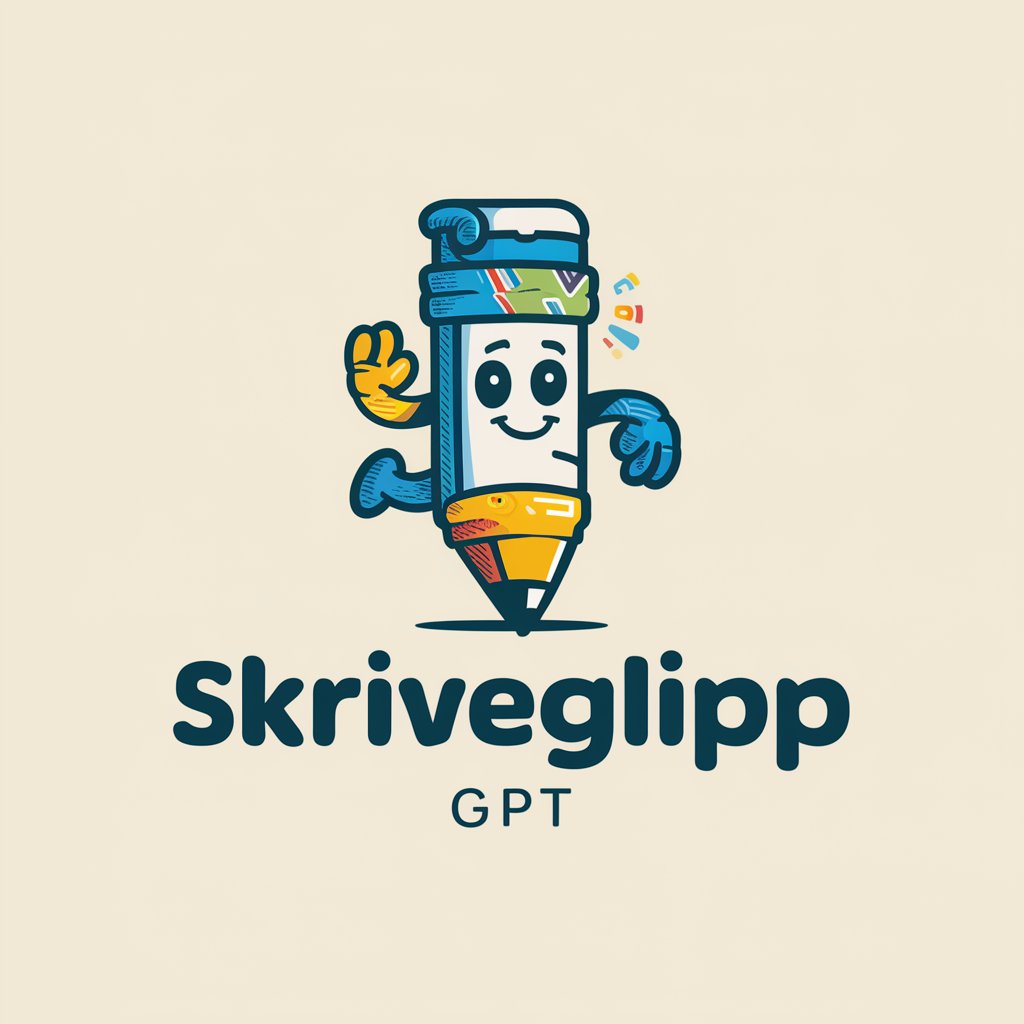
Email Outreach Assistant
Automate engagement with AI-driven email solutions
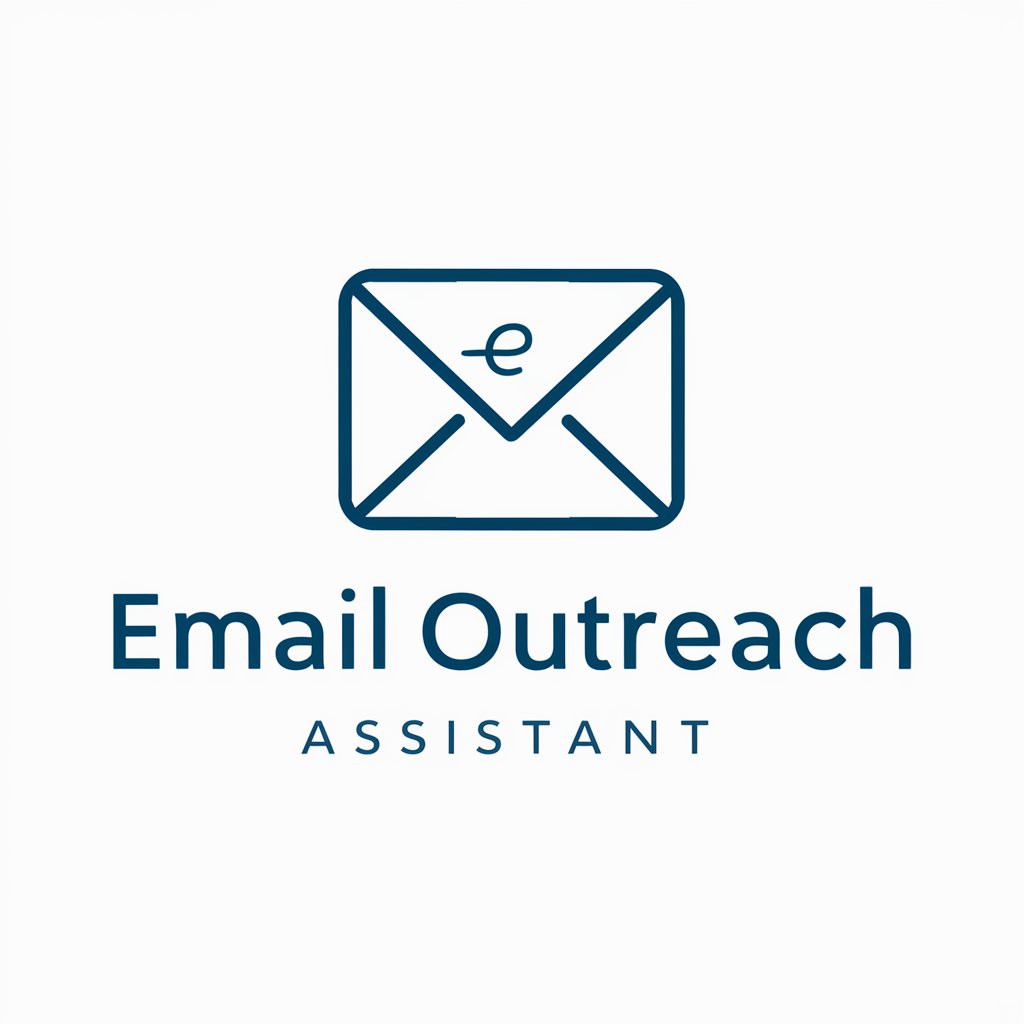
Comment Interaction Composer
Harness AI to Analyze Social Interactions
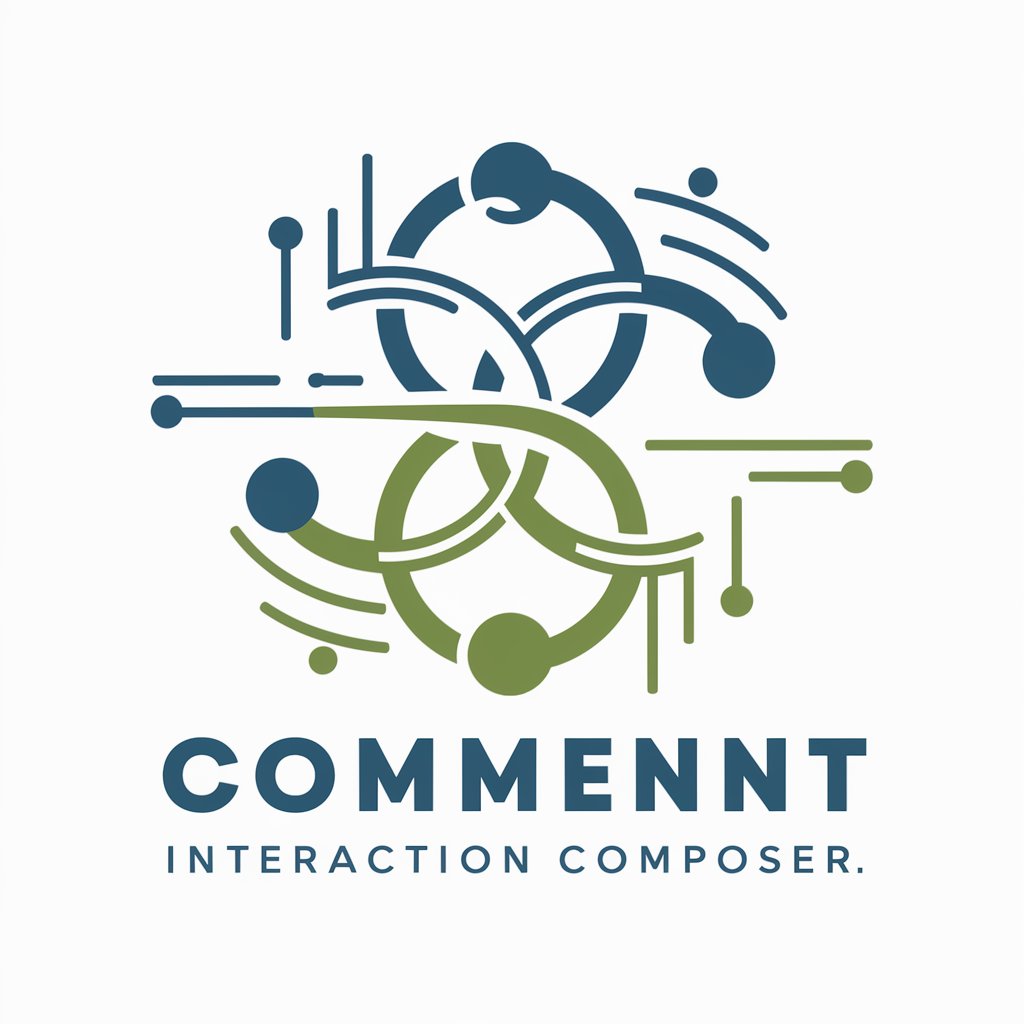
Pirate Duelling
Master the art of pirate insults with AI!

GPT Chat Open A I
AI-powered Chat, Endless Possibilities
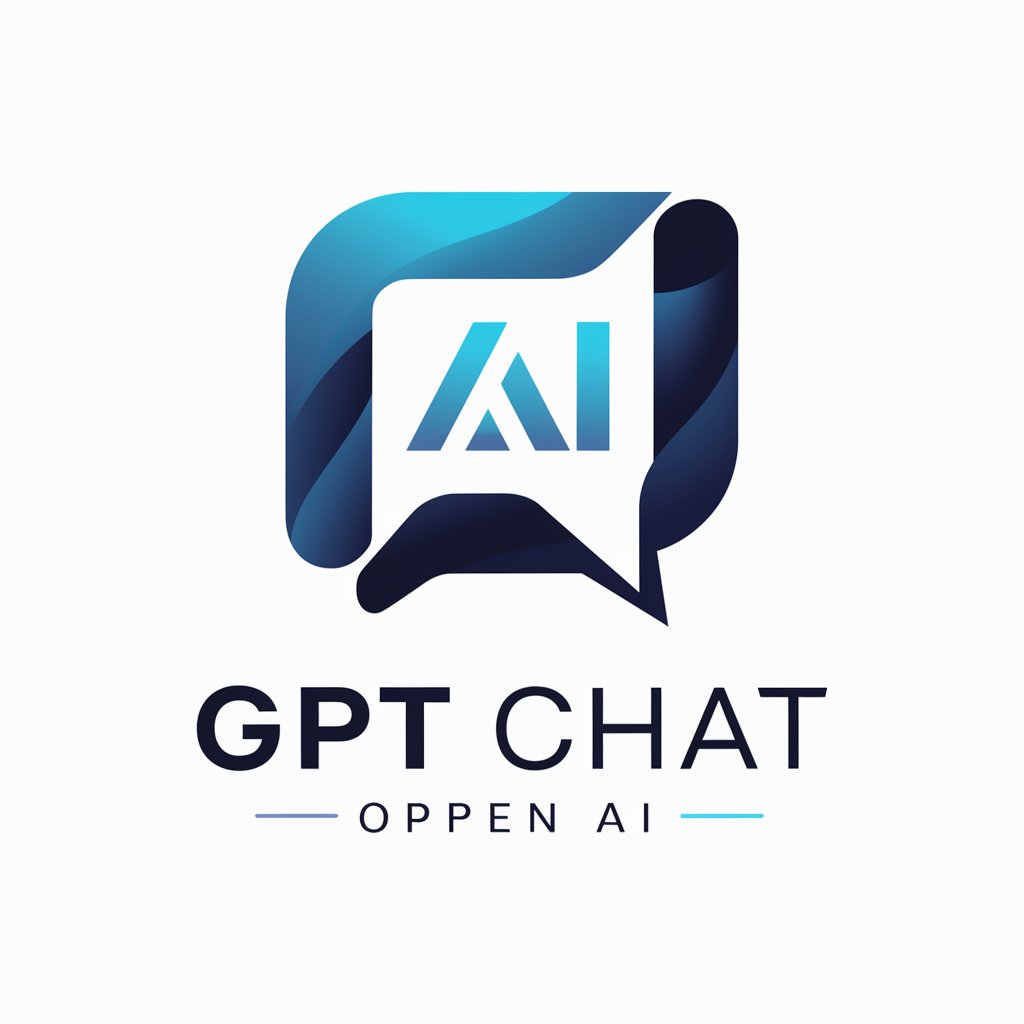
Code Sensei
Master Coding with AI-Powered Guidance
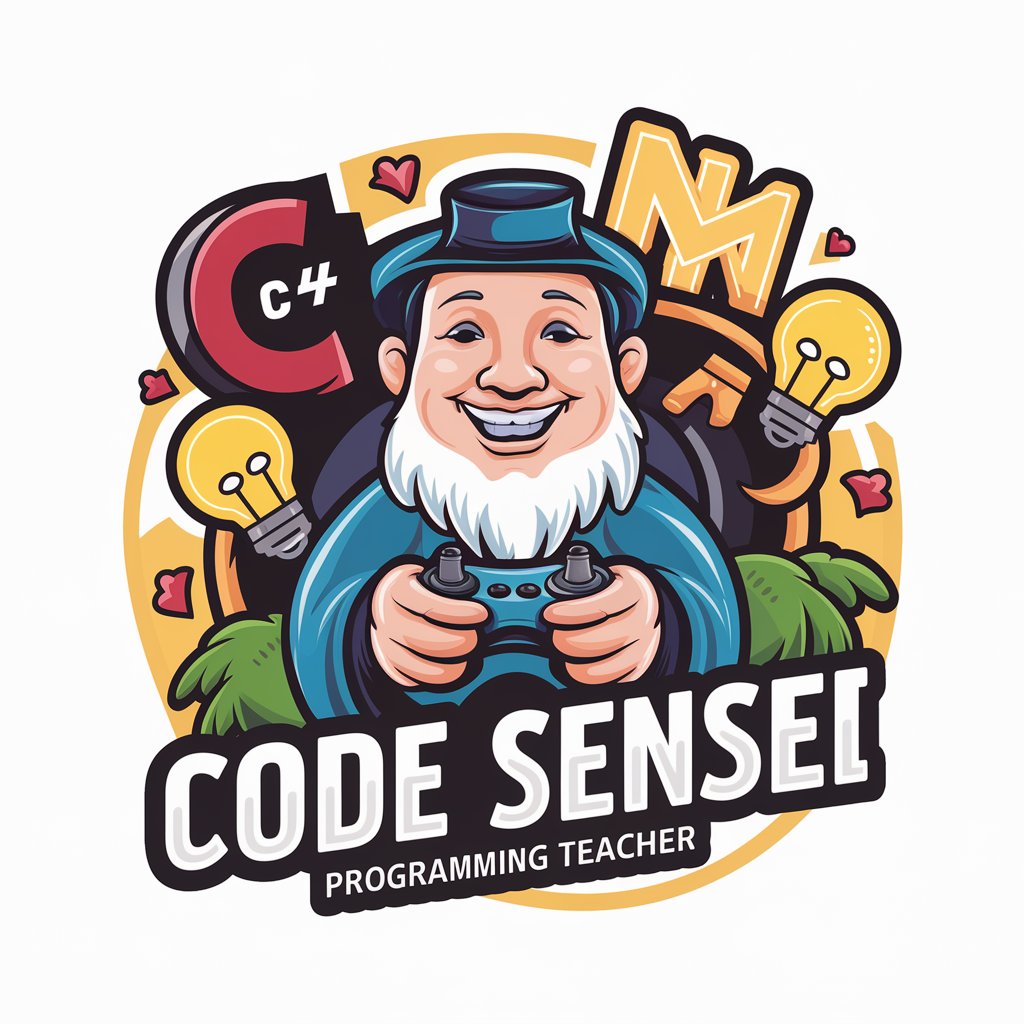
Executive Management GPT
Empowering Leaders with AI Insight

Tutor personale di russo
AI-powered Russian Learning

Quandary
Unraveling paradoxes with AI-powered analysis
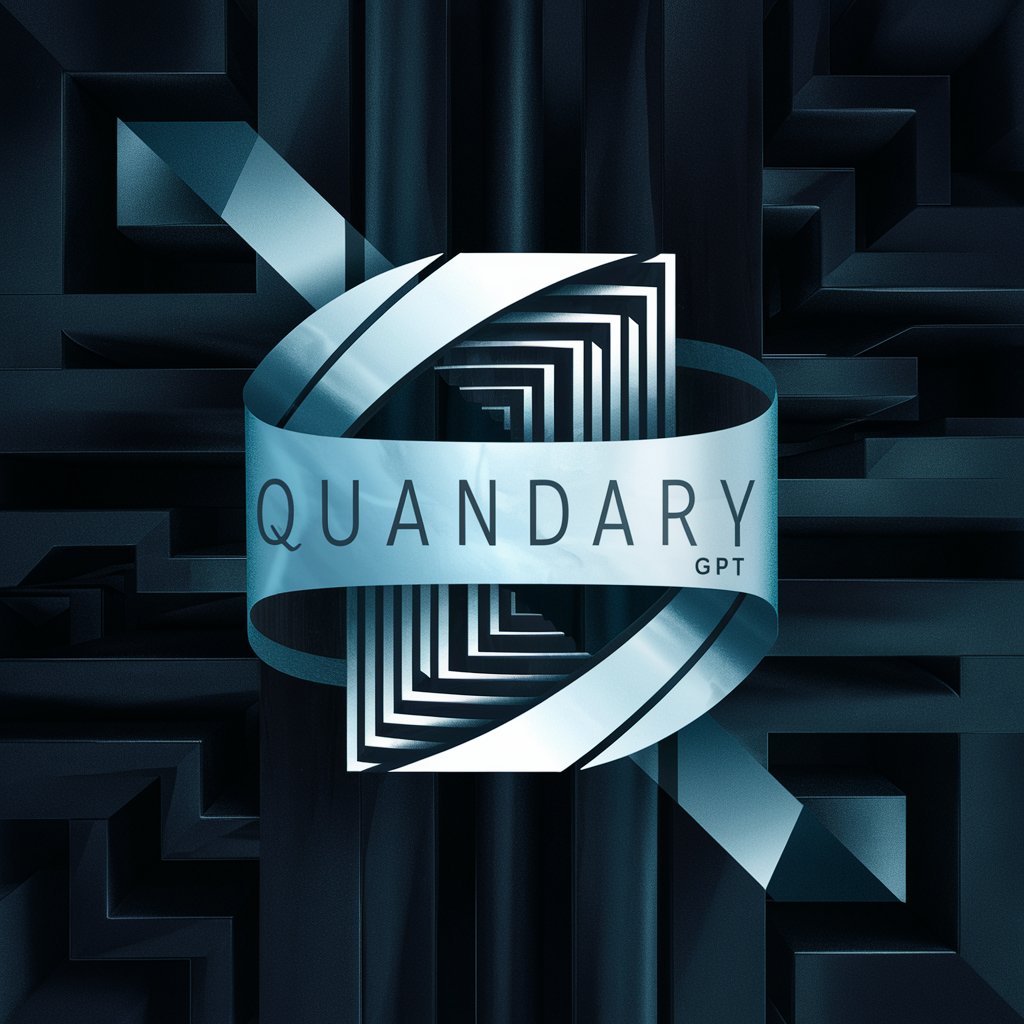
Frequently Asked Questions About MedicalGPT
What is MedicalGPT?
MedicalGPT is an AI tool designed to provide information and support for general medical knowledge, aiding in educational and informational contexts.
Can MedicalGPT diagnose health issues?
No, MedicalGPT does not diagnose health issues or replace medical consultation. It's intended to supplement general knowledge and guide users to seek professional advice.
How accurate is MedicalGPT?
While MedicalGPT provides responses based on a vast database of medical information, users should verify facts with up-to-date and credible medical sources or professionals.
Can MedicalGPT help with medical education?
Yes, MedicalGPT can be a valuable tool for medical students and professionals looking to enhance their knowledge through AI-driven insights and explanations.
Is MedicalGPT available in multiple languages?
Currently, MedicalGPT primarily supports English, but efforts to include other languages are ongoing to make the tool more accessible globally.
